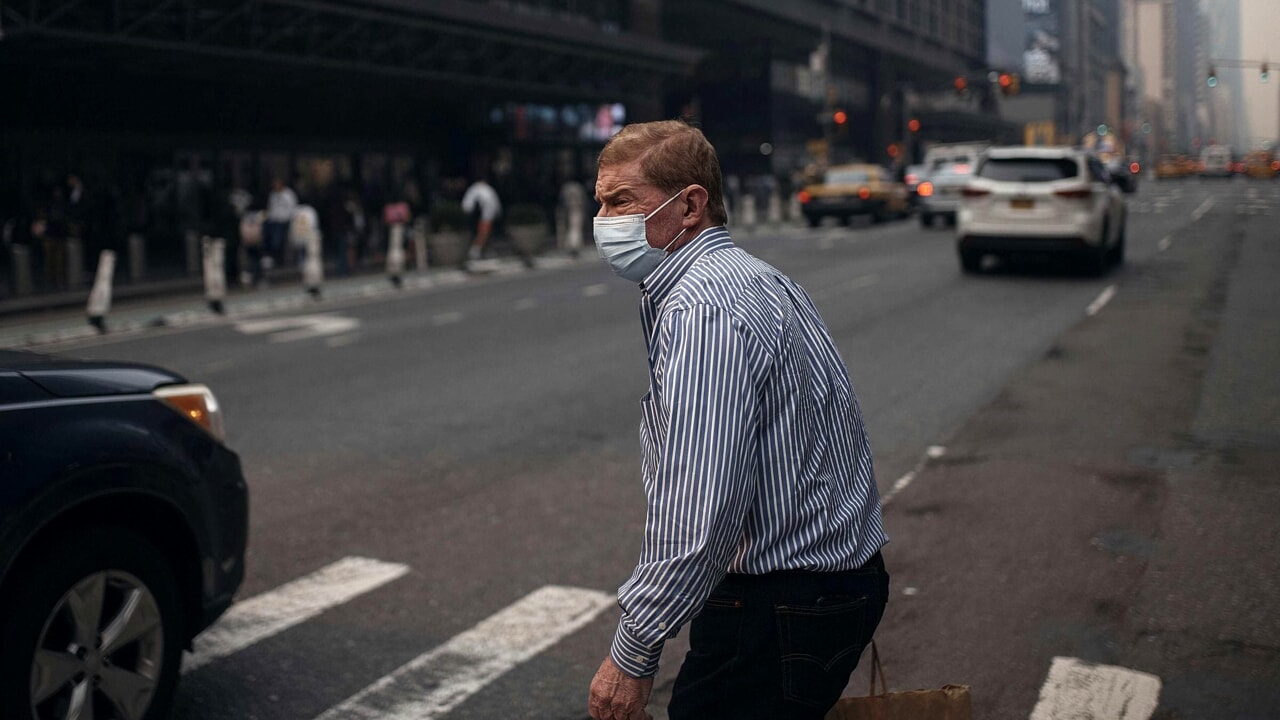The rise in cases of streptococcal toxic shock syndrome (STSS) in Japan has prompted growing concern among health officials and the general population. STSS is a rare but serious bacterial infection caused by streptococci A, which can lead to tissue necrosis and is commonly referred to as ‘flesh-eating disease’ or ‘flesh-eating bacterium’. The Tokyo metropolitan government has issued an alert after a significant increase in STSS cases, with numbers already surpassing half of last year’s total. In Tokyo alone, there have been 88 reported cases as of March 17, while at a national level, the reported cases are 517 according to ‘The Japan Times’.
STSS is primarily caused by a bacterium known as streptococcus pyogenes, more commonly referred to as strep A. While many cases of strep A result in mild symptoms or go unnoticed, in severe cases it can lead to serious illness and potentially fatal complications, particularly in adults over the age of 30. The mortality rate from STSS is approximately 30%, with symptoms ranging from sore throat and tonsillitis to pneumonia, meningitis, and organ failure.
Experts believe the increase in STSS cases may be linked to a bacterial variant known as the M1UK strain, which has been increasingly detected in affected patients since late 2023. Health authorities in Japan stress the importance of preventive measures such as frequent hand washing and proper wound care to reduce the risk of infection. Individuals are urged to seek medical attention if they experience symptoms such as limb pain, swelling, or fever.
In response to the growing concerns over the spread of STSS, FIFA has announced the cancellation of the World Cup qualifying match between North Korea and Japan. Reports suggest that North Korea may have decided to cancel the match as a precautionary measure against the disease, as the country’s health system is known to be underdeveloped. The cancellation highlights the severity of the situation and the need for proactive measures to prevent further spread of the infection.
